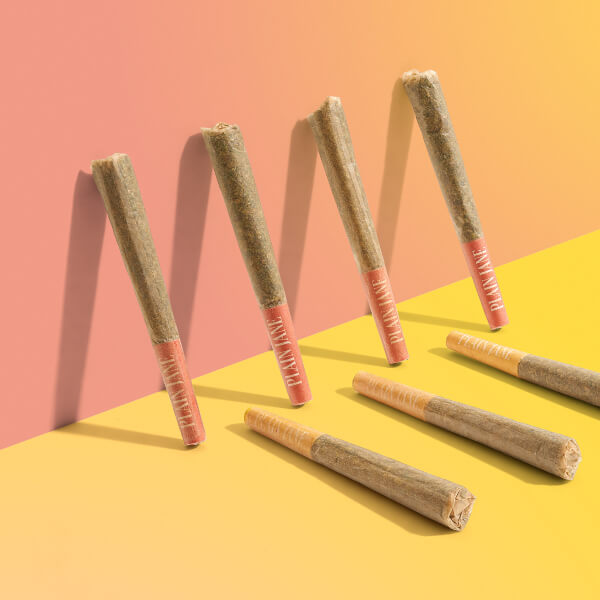CBN: What You Should Know About This Rare Hemp Cannabinoid
Sure, you’ve heard about CBD—but have you caught wind of CBN? While it hasn’t reached the same household-name status, cannabinol (CBN) has been generating attention among hemp users and researchers alike.
CBN’s appeal lies in its rarity and growing consumer interest in cannabinoids beyond CBD. With less than 1% concentration in most hemp flowers, CBN remains harder to come by—but that hasn’t stopped it from becoming one of the most talked-about minor cannabinoids on the scene.
What Is CBN?
CBN is one of over 100 naturally occurring cannabinoids found in the Cannabis sativa L. plant. While CBD may dominate the cannabinoid profile of most hemp strains, CBN typically makes up less than 1%, making it a minor cannabinoid with a major following.
How Is CBN Made?
Unlike CBD or THC, CBN isn’t directly produced in large quantities by the hemp plant. Instead, it’s formed when THCA (the precursor to THC) is exposed to heat and light. Through a natural conversion process, THCA becomes CBNA, which can then be decarboxylated to form CBN.
Because this process occurs as THC degrades, CBN is sometimes associated with aged hemp or cannabis material. However, today's manufacturers use controlled methods to produce CBN in more predictable quantities.
Is CBN Legal?
Yes—CBN derived from hemp is federally legal under the 2018 Farm Bill, as long as the final product contains no more than 0.3% delta-9 THC by dry weight.
However, state laws can vary. Be sure to check your local regulations before purchasing or using CBN products in your area.
Additionally, while CBN is legal to sell as a hemp-derived product, it is not FDA-approved as a food, beverage, or dietary supplement. That’s why responsible vendors avoid marketing their products with health claims or as consumables.
Why Is CBN More Expensive Than CBD?
CBN’s rarity is one of the reasons it often comes with a higher price tag. Because CBN exists in very small amounts in raw hemp, producers need to use large quantities of plant material or employ specialized conversion techniques to create effective concentrations.
A typical 30mL bottle of 1800mg CBN oil might retail for $100 or more, depending on the brand and formulation. Higher concentrations—like 3000mg CBN—can cost significantly more due to the increased labor and resources required for production.
Shopping Tips: Choosing the Right CBN Product
If you’re interested in trying CBN, consider these tips:
Check for Third-Party Lab Reports
Reputable brands provide Certificates of Analysis (COAs) to verify cannabinoid content and ensure compliance with THC limits. Always compare the batch number on your product to the lab report.
Buy From Trusted Brands
Stick to vendors with a clear reputation, strong customer service, and transparent practices. Avoid vendors who make unrealistic health claims or fail to provide product testing data.
Be Cautious With Claims
Avoid products that promise medical outcomes. These statements are not FDA-approved and may not be supported by science. Look for educational, not medical, language on product pages.
Final Thoughts: Is CBN Worth Exploring?
While CBD continues to dominate the hemp market, CBN is carving out its own niche as consumers seek new ways to personalize their cannabinoid experiences. Whether you’re looking for something mellow or simply curious about hemp beyond CBD, CBN might be worth a look.
Just remember:
-
Everyone reacts differently
-
Effects are still being studied
-
Legal and product quality standards matter
-
Start low, go slow
As the hemp space continues to grow, CBN stands out as a unique cannabinoid with plenty of consumer interest and emerging potential—minus the hype or unproven promises.




